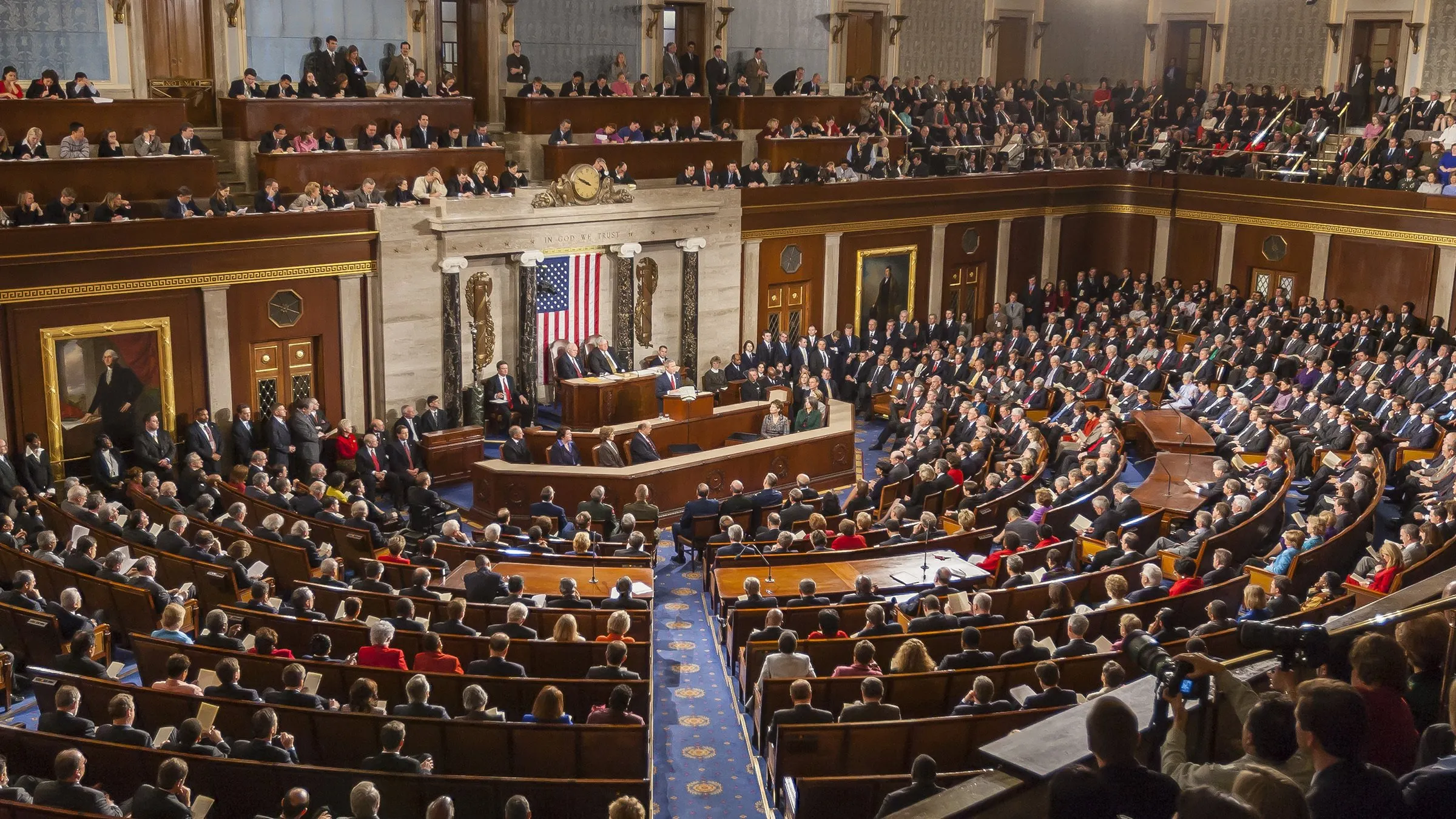Pro-crypto Republicans are preparing a broadside against the U.S. Securities and Exchange Commission (SEC) this week, demanding that the agency rescind its current guidance that they say discourages banks from offering crypto custody services.
On Wednesday, the House of Representatives will vote on Rep. Mike Flood’s (R-Nebraska) joint resolution to lodge congressional disapproval of Staff Accounting Bulletin (SAB) 121. A companion resolution was introduced in the Senate.
SAB 121—published on the SEC website—outlines the opinions of SEC staff about the risks crypto custodians should consider and lays out the related disclosure requirements under federal securities laws.
While the SEC positions SABs as guidance rather than formal rules, Flood argued on Monday that SAB 121 represents “both a change in policy and a change that’s controversial.” He said the SEC also bypassed the traditional SAB development process, which usually involve consultation with Federal banking agencies.
“It is unfortunate that the SEC would attempt to circumvent the rulemaking process while falsely claiming that SAB 121 is simply non-binding staff-level guidance,” Flood said before the House Committee on Rules on Monday.
Within SAB 121, the SEC warns of “technological,” “legal,” and “regulatory” risks unique to crypto-custodians, claiming they could have a “significant impact on the entity’s operations and financial condition.” Flood blames warnings like this for keeping banks and broker-dealers away from safeguarding crypto assets like other financial assets—even four months after the agency’s approval of Bitcoin spot ETFs.
“The SEC has impeded this longstanding practice and made safeguarding digital assets prohibitively expensive for trustworthy and highly regulated institutions,” he continued.
A resolution is not legally binding but expresses the collective sentiment of Congress.
Tom Emmer (R-Minn.), arguably the SEC’s fiercest critic on Capitol Hill, backed Flood’s legislation on Monday, calling the “illegal” SAB 121 an example of the SEC’s attempts to claim regulatory authority over the crypto industry at large.
The SEC’s statutory mission is to protect investors, facilitate capital formation, and maintain fair, orderly, and efficient markets.
Chairman Gensler is violating all three of these with his illegal SAB 121 rule. pic.twitter.com/Wky2K8zglR
— Tom Emmer (@GOPMajorityWhip) May 7, 2024
“SAB 121 introduces more unnecessary and avoidable concentration risk into the digital asset ecosystem, making our markets less fair, less orderly, and less efficient,” he argued. Foreign banks, Emmer added, already can compete in this arena, leaving the U.S. behind.
The SEC has targeted several of the largest crypto companies—from exchanges and other custodial service providers to software development teams—with lawsuits, including Coinbase, Binance, Kraken, Uniswap Labs, and Robinhood.
If the joint resolution, designated H.J.Res.109, passes its floor vote in the House tomorrow, it must still await the fate of its companion resolution in the Senate, S.J.Res.59, which has not yet been passed out of committee. It would become law with a two-thirds vote in both chambers.
Edited by Ryan Ozawa.

